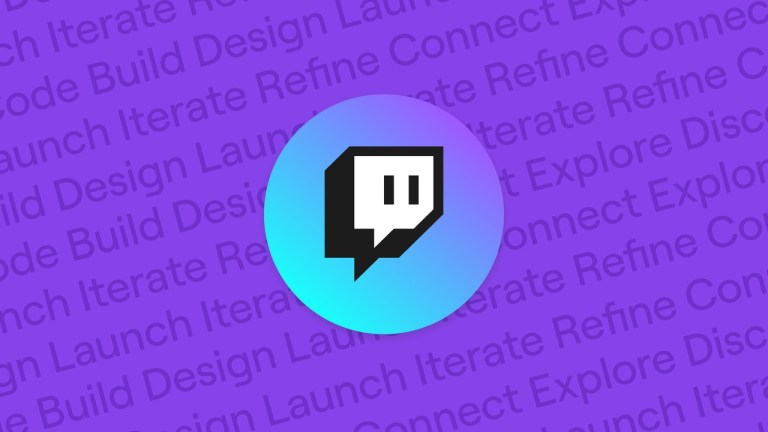Twitch Streamers Feel Attacked by Confusing DMCA Takedowns
As Twitch continues to remove content for DMCA violations, streamers start asking questions that nobody is answering.

Twitch surprised many streamers yesterday by informing them that they are once again pursuing content takedown claims related to the Digital Millennium Copyright Act (DMCA).
As the Twitch support team notes in the Twitter thread above, this issue dates back to June when Twitch started responding to takedown claims processed by the Recording Industry Association of America. The gist of the problem is that many Twitch streamers have used music and other copyrighted content in their streams for years now. As Twitch grows, more and more of the copyright holders are becoming aware of these practices and how they may or may not violate the copyright laws associated with these songs and other licensed works.
Everything has been pretty quiet on the DMCA front since June, but that all changed yesterday when many streamers received an email from Twitch saying that they’ve begun the content review process again and will be enforcing new policies in the near future.
The most important thing to note about that email is the section where Twitch informs affected streamers that they have automatically removed flagged content and that streamers should consider those removals to be a “warning.” Starting on October 23, though, they will be processing DMCA takedowns once more and will presumably be issuing penalties to streamers whose content violates these DMCA rules.
Here’s the problem: According to many streamers, they are not specifically being informed which of their videos violated DMCA regulations. So, if you’re a streamer who has been on the platform for years and has hundreds or thousands of videos on your account, then it’s kind of difficult to know what, exactly, you did wrong. Twitch advises their streaming partners to review their clips and VODs, but many streamers have decided to just delete everything rather than risk anything.
As you might imagine, many of those streamers are not happy with Twitch’s lack of communication.
While it sounds like many Twitch streamers are fine with not playing licensed music on their streams moving forward, many believe they shouldn’t have to delete everything they’ve ever done simply as a precaution. As we mentioned, the fact that Twitch doesn’t even specifically inform streamers which videos violated their policies (at least in that mass email) means that there’s little in the way of precedent to work off of in terms of knowing what not to do moving forward.
That’s an especially big problem for streamers who never played licensed music on their streams in the first place and genuinely have no idea how to address this problem.
If all of this sounds vaguely familiar, that may be because YouTube was hit by a wave of DMCA claims years ago that greatly impacted how content is created, distributed, and promoted on that platform. In fact, there are more than a few YouTube content creators who feel that Twitch streamers shouldn’t be as surprised as they currently are.
Of course, reactions like those don’t necessarily account for the streamers who never played music in the first place and are now receiving takedowns for reasons that they can’t quite explain and reasons that Twitch is not conveniently relaying. Furthermore, there are some who lived through the YouTube takedown era who fear that the ramifications of that platform’s copyright strikes will soon spread to Twitch.
That’s an interesting point to keep in mind. While this current situation really only affects streamers, their fans, and possibly their business partners, the messy world of copyright strikes has not only historically impacted how games are covered and shared but have even resulted in some games being removed from digital platforms or otherwise being drastically altered to comply with the thorny world of content rights and who controls them.
